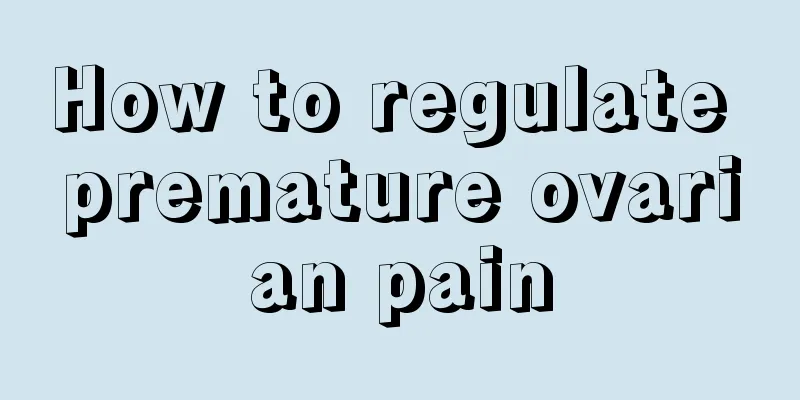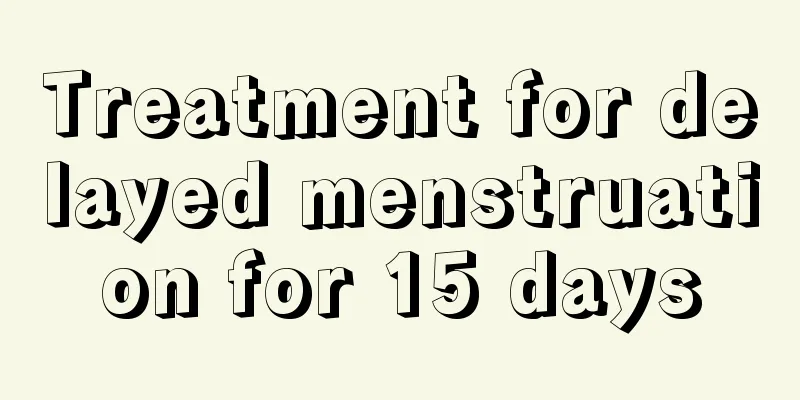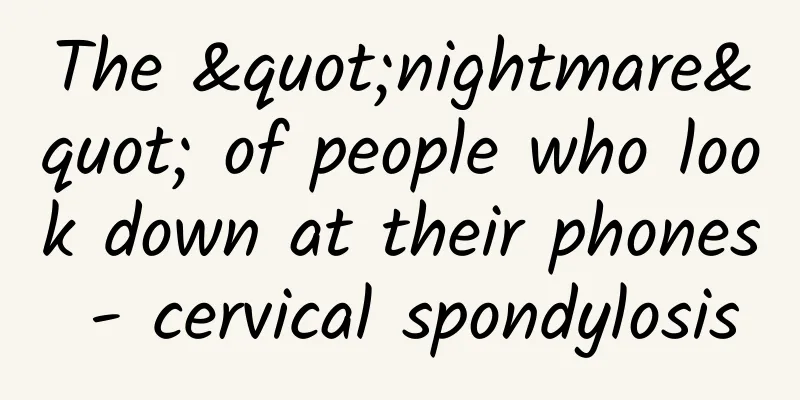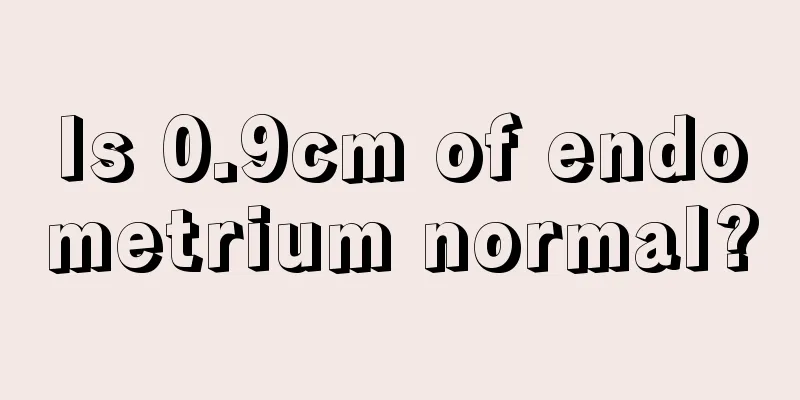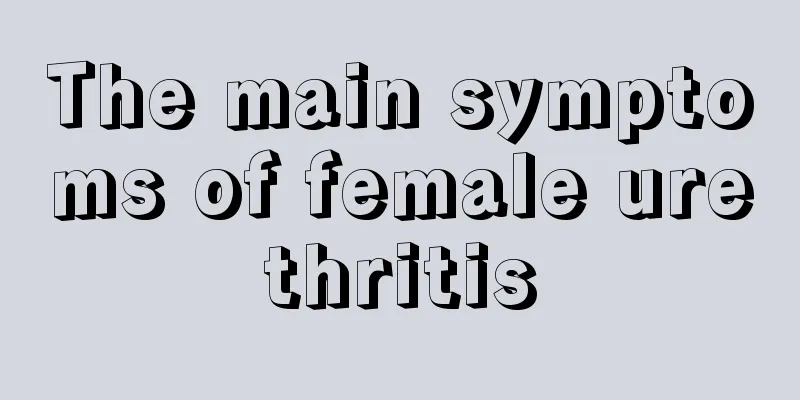More than 60% of consumers have misunderstandings about these 4 issues regarding food additives!
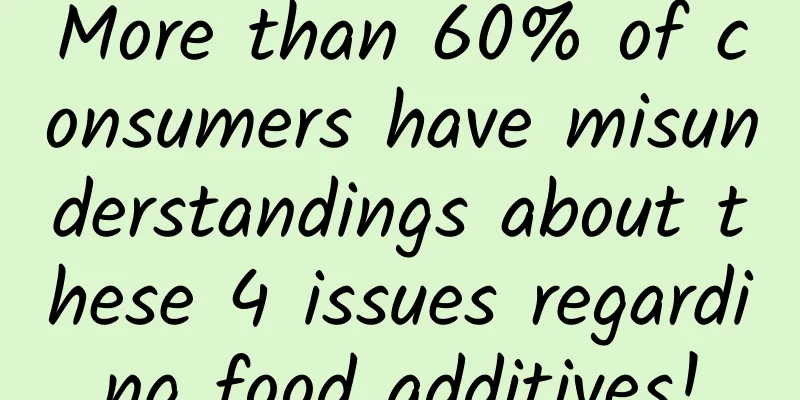
|
The use of food additives has a long history. With the improvement of modern food processing technology and the development of the food industry, the research and development and use of food additives have also made great progress, which has played a positive role in promoting the development of the food industry. However, the "Chinese Consumer Food Additives Perception Survey" recently initiated by the China Science and Technology Information Exchange Center for Food and Health Information shows that Chinese consumers still have four major misunderstandings about food additives : For example, 62% of consumers believe that "long-term and large-scale intake of food additives is harmful to health"; 70% of consumers believe that "food additives from natural sources are safer than synthetic ones"; 66% of consumers believe that "0 additives" and "0 preservatives" foods are safer; and nearly 80% of consumers still believe that "melamine" and "clenbuterol" are food additives... Below, we will answer these "common misunderstandings" one by one~ Image source: "Survey on Chinese Consumers' Knowledge of Food Additives" 01 Misconception 1: Long-term and excessive intake of food additives Harmful to health? Zhong Kai, director of the Kexin Food and Health Information Exchange Center, said that "long-term and large amounts" is actually layman's talk, and experts who really understand food safety would not say that. For example, when evaluating the safety of food additives, it is necessary to fully consider the extreme situation of "lifelong, daily, and large amounts of intake", so the so-called "long-term and large amounts of intake are harmful to health" on the Internet is almost impossible to appear. In addition, the national standards also "calculate the total account" when stipulating the scope and amount of use of food additives, so the "additional effect" that everyone is worried about is also covered. 02 Misunderstanding 2: Food additives from natural sources Safer than synthetic ones? Luo Yunbo, an academician of the International Academy of Food Science and a professor at Beijing Technology and Business University, said that this idea may be related to the widespread "chemical phobia" among people, but food additives, whether natural or synthetic, are all "chemical substances" and are treated equally in management: the same methods and criteria are used to evaluate their safety. Therefore, food additives approved for use are equally safe, regardless of their source. 03 Misconception 3: “0 additives” and “0 preservatives” are safer? Sun Baoguo, an academician of the Chinese Academy of Engineering, pointed out that "0 additives" and "0 preservatives" are typical panic marketing , which takes advantage of consumers' concerns and distrust of food additives, and in turn further strengthens the perception that "food additives are harmful." In fact, "0 additives" and "0 preservatives" are not safer, and sometimes they mislead consumers, which may stigmatize other products and cause unfair competition, which is not conducive to the healthy development of the food industry. 04 Misconception 4: Are melamine and clenbuterol food additives? Melamine and clenbuterol are two typical illegal additives. Chen Junshi, an academician of the Chinese Academy of Engineering, pointed out that only those approved by the government are food additives, and those used without approval are illegal additives. The demonization of food additives is partly due to consumers confusing food additives with illegal additives. Although relevant government departments, professionals and the food industry have done a lot of popular science around food additives, it is clear that there is still a long way to go. In addition, it is recommended that the professional community further strengthen research on communication strategies to ensure that scientific knowledge and concepts can truly "enter the ears and hearts". Author: Ruan Guangfeng, Deputy Director of Kexin Food and Health Information Exchange Center |
>>: Horrible! In just a few seconds, I almost went blind! The culprit was actually...
Recommend
How long does ventilation usually take after a caesarean section?
Usually, there are two ways for women to give bir...
What is the cause of 60 days of amenorrhea?
Female friends are still very concerned about whe...
What are the staging criteria for endometrial cancer?
Endometrial cancer can be divided into ten stages...
What tests should I take when preparing for pregnancy?
The preparation period for pregnancy is very impo...
What is the nutritional value of garlic chili sauce? How to make garlic chili sauce
Chili peppers not only taste good, but also conta...
What are the benefits of eating mutton and winter melon together? Can the flesh of winter melon be eaten?
Winter melon is a very refreshing summer delicacy...
How long is the course of treatment for candidal vaginitis?
Candidal vaginitis takes three months to treat. O...
Is 12mm endometrial thickness normal?
Generally speaking, the thickness of the endometr...
Women's armpit bulge is still a little painful
Some women have lumps and slight pain under their...
Causes of delayed menstrual period and lower abdominal pain
It is common for women to have problems with mens...
What kind of wardrobe board is good? What kind of wood is suitable for wardrobe
Wardrobe is an important piece of furniture in th...
What is milk cap? The correct way to drink milk cap drinks is
Milk cap is usually made by adding whipped cream ...
What kind of ring is good for loose cervix
IUD insertion is a common contraceptive method in...
How can women improve their charm and temperament
Women who make themselves beautiful by creating t...
[Medical Q&A] Is bedwetting a disease in children?
Author: Zeng Yue Shengjing Hospital Affiliated to...
